
Pro bono refers to legal advice or services provided to clients free of charge. It comes from the Latin phrase pro bono publico, meaning ‘for the public good’. In Nepal, the notion of pro bono is still in its early stage of development. The Nepal Bar Association has undertaken various initiatives to improve access to justice through different activities in alignment with its Periodic Strategic Plan 2020-2024. Some legal firms also accept a few pro bono cases each year to give back to society and the less fortunate. Our firm is also deeply committed to social responsibility, particularly through providing pro bono services to individuals and NGOs that could not otherwise afford legal representation.
Legal assistance as pro bono is critical to upholding natural justice under the concept of audi alteram partem, or ‘let the other side be heard as well’. Nations must guarantee that the underprivileged have access to justice and equal protection under the law, so that they are not abused. The Constitution of Nepal recognises ‘equality before the law’ as a fundamental right. Nepal has incorporated pro bono to bridge the justice gap, and acts such as The Legal Aid Act of 1997 have helped enforce the right to access justice through legal aid.
The impacts of the coronavirus pandemic meant that crimes including gender-based and domestic violence went unreported, leading to increased crime rates and a widened gap in terms of accessing justice. Unawareness of legal aid and a lack of legal education are major reasons why having a district legal aid committee in each district of Nepal is necessary. At the same time, the shortage of infrastructure to provide legal aid makes it more challenging for attorneys to provide pro bono services.
As a result, the People Forum for Human Rights published a nine-point declaration urging stakeholders, including the government and Nepal Bar Association, to bring conceptual clarity and improve pro bono legal services. It also established a roster of pro bono attorneys through a dedicated website that provides services for at-risk individuals at the provincial level. Legal assistance can be improved and access to justice secured by improving and implementing current legislation. As a critical mechanism for ensuring fundamental human rights, the rule of law, equality before the law, and access to justice for all members of society, safeguarding those rights by raising awareness and providing legal aid services is necessary.
More Impact Stories
View All Impact Stories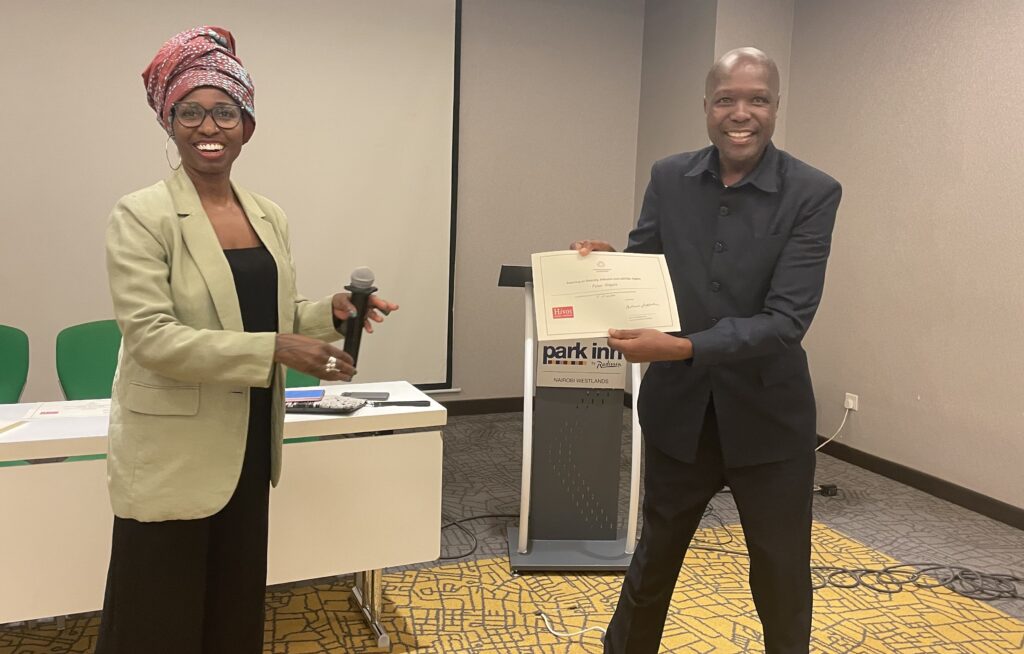
Reporting with empathy: one journalist’s journey to allyship
Discover how training from the…
Read More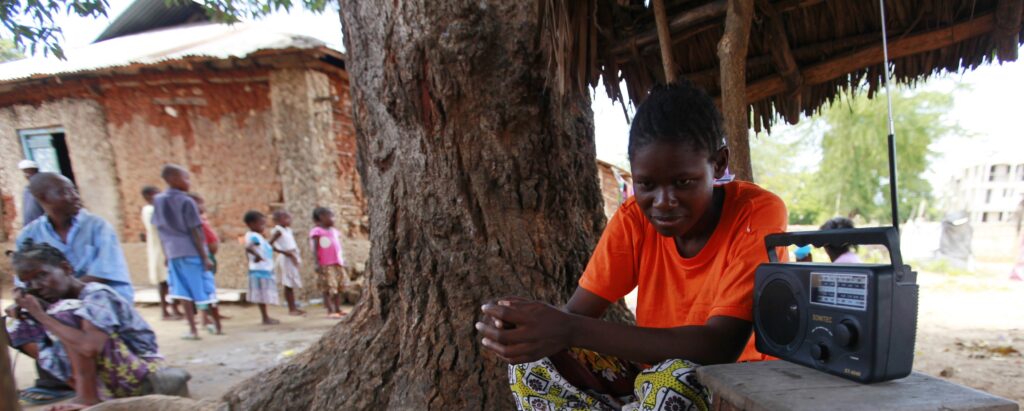
Shielding community journalism: How pro bono legal expertise broke the cycle of self-censorship for one Kenyan radio station
As Kenyan radio station Radio Domus ramped up the content it was putting out on digital platforms to…
Read More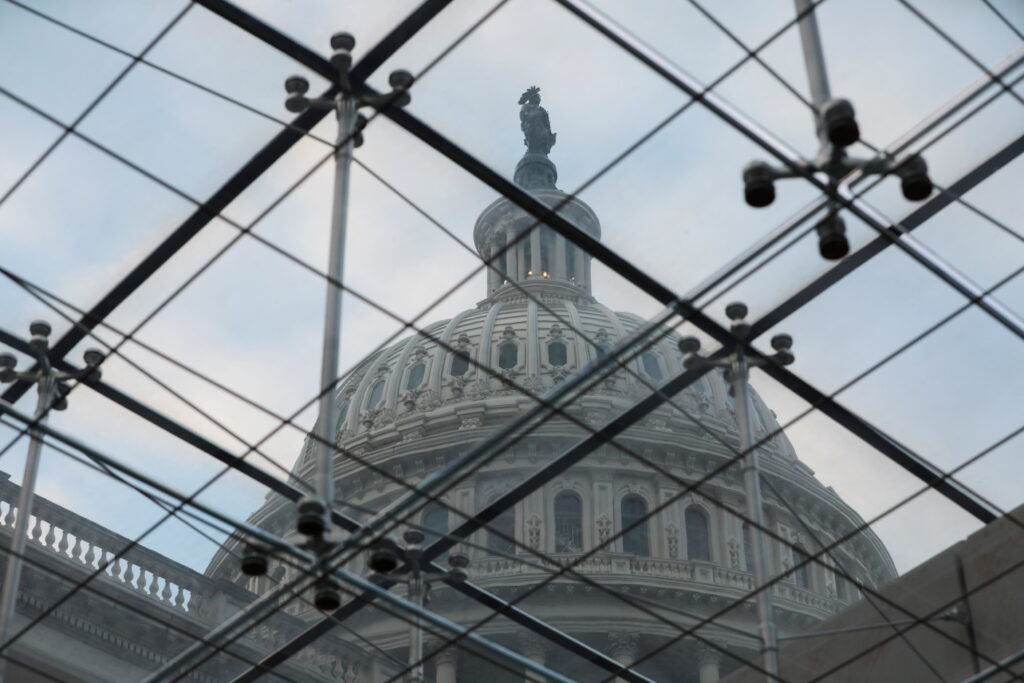
Combatting international corruption: The pro bono research behind the landmark Foreign Extortion Prevention Act
The absence of any U.S. law stopping a foreign official from demanding a bribe from an American…
Read More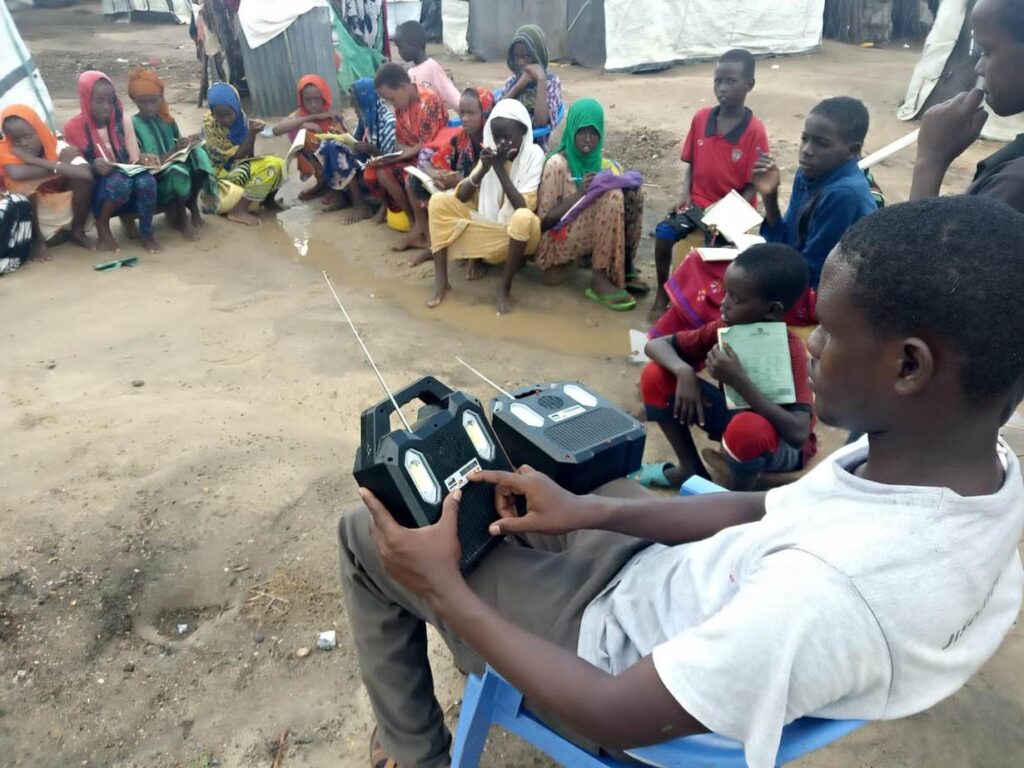
The value of pro bono: Radio Domus
Radio Domus FM is a non-profit youth-centric, 24-hour community radio station in Kajiado…
Read More

Delivering pro bono legal services in France
Participation in pro bono initiatives is on the rise in France,…
Read More
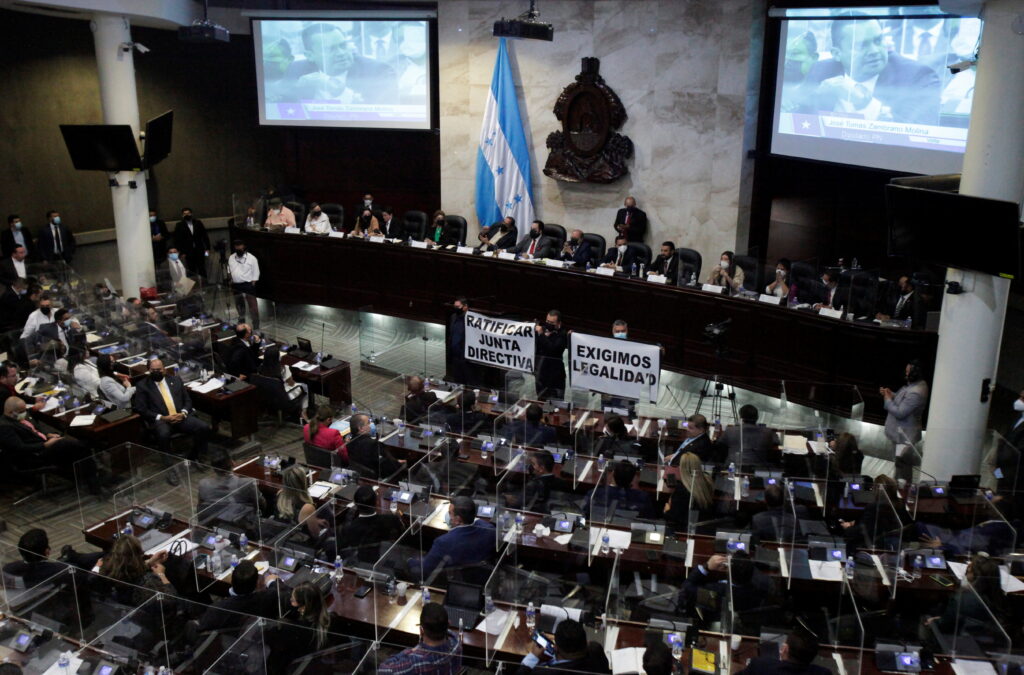
Delivering pro bono legal services in Latin America
New technologies are enhancing pro bono work in Latin…
Read More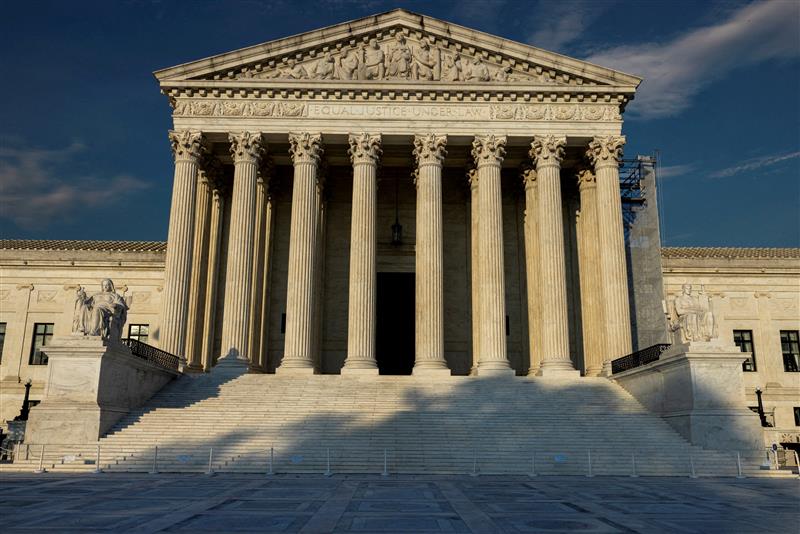
Delivering pro bono legal services in the United States
In 2020, White & Case created its Access to Justice…
Read More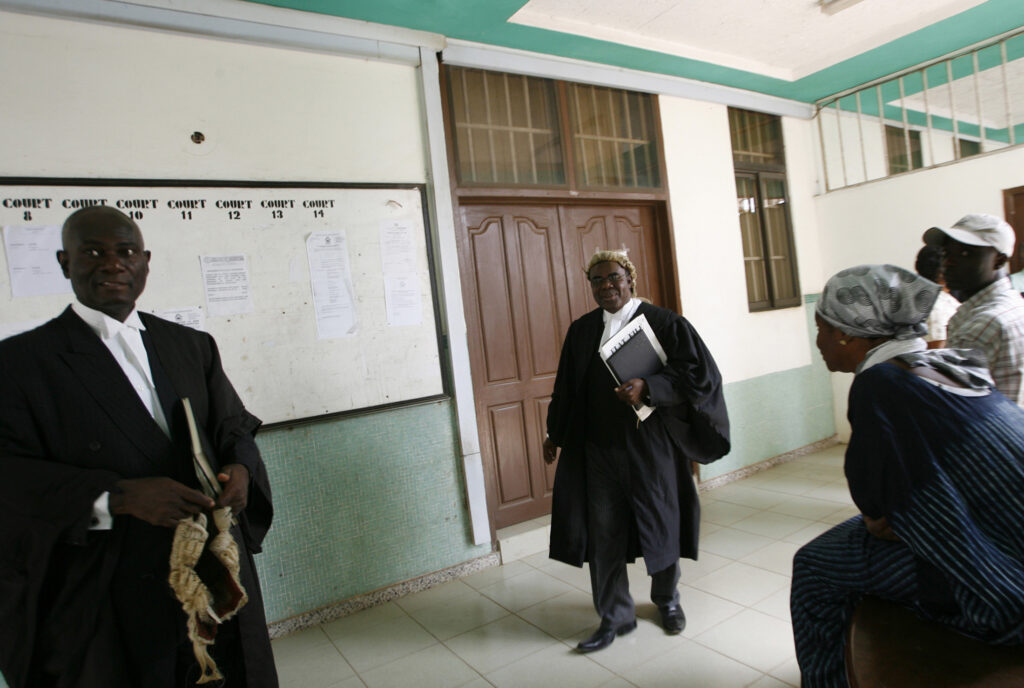
Delivering pro bono legal services in Ghana
The legal community in Ghana is frequently engaged in dialogue about…
Read More

